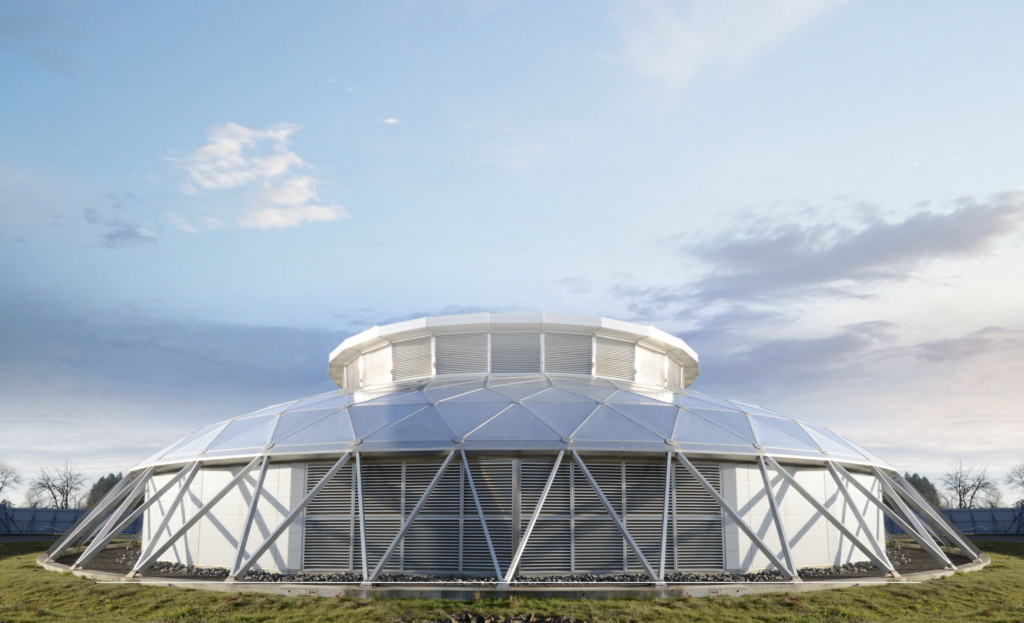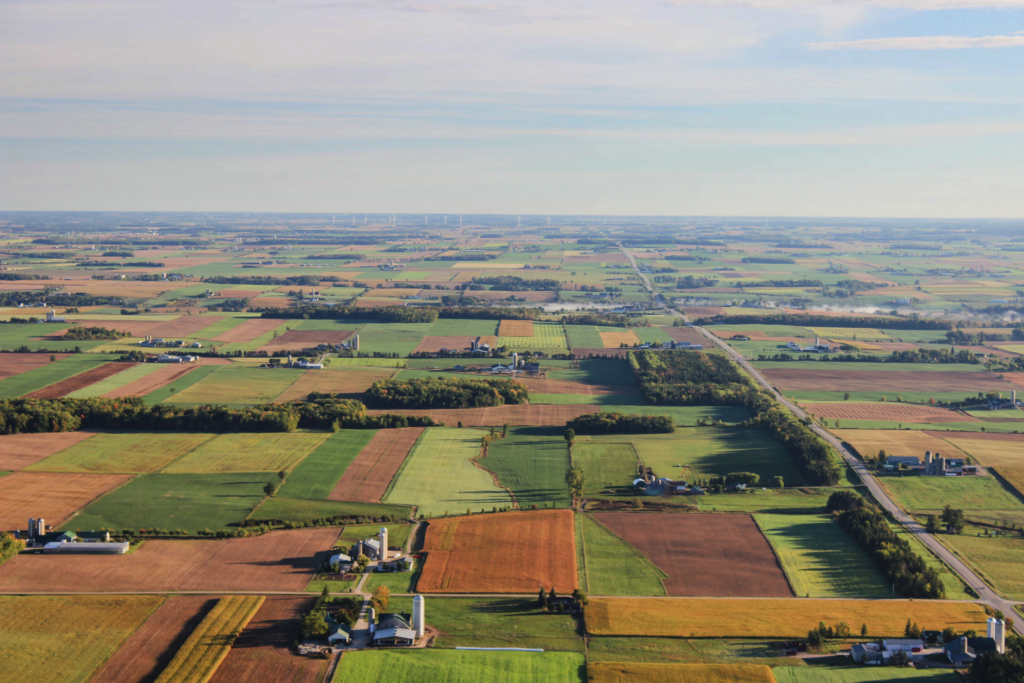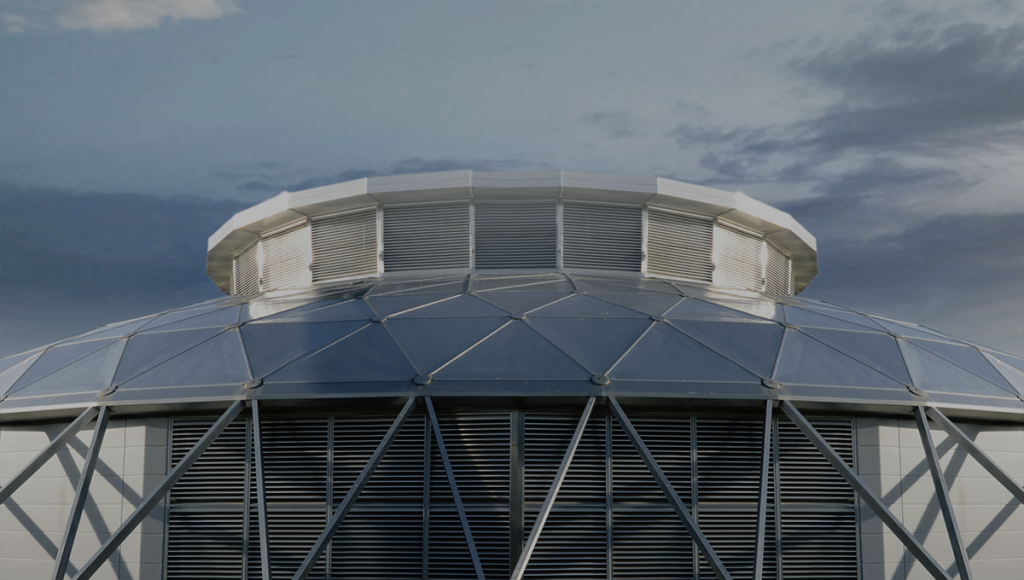The demand for compute is exponentially increasing with the adoption and growth of AI, Quantum computing, IoT and 5G. Streaming and machine learning are becoming pervasive, driving the demand for compute to double every two months.
That’s way beyond Moore’s Law.
What this means is, if you want to be part of this tech boom, you need to have capacity. In other words, a data center.
Everyone should have a data center.
For most communities, a large legacy data center isn’t the solution. Big data centers are desirable because there’s an efficiency of scale that smaller data centers typically don’t have, however the trade-off is significant. Larger data centers drain local resources, demanding significant energy off the power grid and gulping tons of water for cooling interiors where rack densities are reaching and exceeding 25kW. These brick-and-mortar behemoths occupy vast acres of land, driving up the cost of real estate and impeding the establishment of other businesses. Once in place these large boxes with access roads make Costco look quaint. An eyesore with an insatiable appetite.
So it’s no surprise large data centers are becoming a NIMBY issue for many municipalities across the country.
Smarter. Not bigger.
While the power required for a large hyperscale data center could be in excess of 100 MW, most communities can easily be served by a 5MW data center. Even in the unlikely event that power on the 100MW scale is readily available, the time required to set up the proper substations and transmission lines is significant (36-48 months) when compared to the smaller model (12-18 months).
Also, the water consumption of the larger data centers can have a significant impact on local agriculture. In the west, many large hyperscale data center owners are having significant issues when it comes to dealing with the complex water rights issues as they attempt to expand.
The solution lies in adopting a smaller, less conspicuous data center that effectively caters to the community’s needs and objectives without burdening local resources, while preserving the charm of small communities and safeguarding their resources for sustained growth.
In the past, this could not have been possible, as most small data centers were too inefficient and costly from both a construction and operations perspective to offer an attractive ROI.
That is until now.
ServerDomes. Designed for now.
ServerDomes is a 5MW data center with scalable capabilities, that provides a flexible solution for the evolving needs of a municipality in the digitized world. Crafted from recycled materials, it embodies sustainability while outperforming larger-scale data centers in efficiency. Notably, its minimal water consumption (92% less than a conventional center) aligns with eco-conscious practices and won’t be in competition with local agriculture and residential growth. In addition, its geodesic design surpasses the resilience of conventional buildings, offering a reliable and eco-friendly option for communities aiming to balance technological progress with environmental responsibility.

ServerDomes uses 25,000 square feet of recycled aluminum to create a hyper-efficient, 5MW ecosystem for servers that can handle up to 40kW/rack (75kW with liquid cooling) while using 34% less power (1.14 PUE) and 92% less water (0.10 WUE) than conventional data centers.
It also means any municipality with one powered acre can invest in its own future without regret.
ServerDomes’ small form factor, quick deployment and environmentally friendly design provide a keystone for a town’s growth and self-determination in four major ways:
Economic Development
By having ample capacity that’s easily scalable, your town becomes a magnet for startups and small business. (This is more important than ever as Millennials seek a work-life balance that’s impossible to find in tech hubs like San Francisco and Seattle.)
Moreover, local businesses stand to benefit significantly by hosting their equipment within the data center at a fraction of the cost compared to cloud services, while simultaneously gaining access to a global market that directly injects vitality into the local economy.
In addition to increased economic activity, having your own local data center creates job opportunities during the building phase and generates a demand for a skilled workforce essential for day-to-day operations and maintenance.
Network Access points
Local data centers can also serve as network access points, reducing latency by bringing data storage and processing closer to end users in the community. This leads to faster data transfer and improved network performance. In addition, this distributed model allows data centers to act like a local hub for data exchange. And an edge data center can facilitate connections between various networks, internet service providers, and businesses, enhancing the overall network infrastructure of an entire region.
The Digital Divide
Adding to these advantages, local institutions such as fire departments, police stations, and schools derive substantial benefits from having their equipment stored locally. Improved connectivity and computing power greatly reduce the digital divide by providing faster and more reliable access for residents by improving online education, telemedicine, and other digital services.
This investment is critical to a community’s future. With improved connectivity and rich media, schools perform better and attract a workforce where education is a priority.
Revenue Source
Local data centers can also offer hosting services to businesses, websites, and application owners outside of their local network, generating its own revenue for the community, not to mention attracting businesses seeking reliable and secure data hosting solutions.
Investing one acre in your future.
As the federal government, big business and investors undertake large-scale initiatives like tech hubs and long haul networks, communities can position themselves for sustainability and growth by having an efficient and sustainable data center of their own.
• • •
If you find this intriguing and want to learn more, contact David Jackson, CEO at david@serverdomes.com
#municipalities #economicdevelopment #edgedatacenters #techhub








